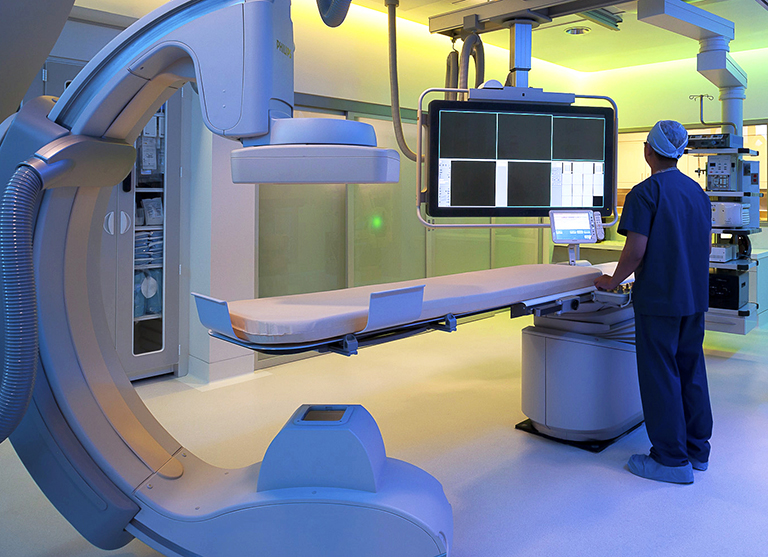
 A: Bladder cancer is a common cancer affecting approximately 80,000 individuals in the United States yearly. Risk factors for bladder cancer include smoking, exposure to certain workplace chemicals and toxins, age (commonly diagnosed over the age of 55), chronic bladder infections as well as a family history of bladder cancer.
A: Bladder cancer is a common cancer affecting approximately 80,000 individuals in the United States yearly. Risk factors for bladder cancer include smoking, exposure to certain workplace chemicals and toxins, age (commonly diagnosed over the age of 55), chronic bladder infections as well as a family history of bladder cancer.
Bladder cancer can often begin in the cells that line your bladder and sometimes in the cells that line the kidneys and the tubes, called ureters, that connect the kidneys to the bladder. Most bladder cancers are
diagnosed early and are treatable.
If you notice blood in the urine or experience other urinary changes, be sure to see your primary care physician. Although this may be a sign of a less serious condition such as a bladder infection, it is important to be evaluated to rule out a more serious condition.
You can take several steps to reduce your risk of developing bladder cancer including not smoking and avoiding exposure to certain chemicals and toxins.
After no significant changes in the treatment of advanced bladder cancer for nearly 30 years, several new therapies have been approved within the past five years. Researchers like myself are working to learn more about treating bladder cancer in both early and later stages, and new, promising options are becoming available through innovative clinical trials. These options include immunotherapy, anti-drug conjugates and targeted therapies. I look forward to being a part of this innovative research at Hoag.
To learn more about cancer clinical trials at Hoag, contact us at 949-7-CANCER.
By David Benjamin, M.D.








